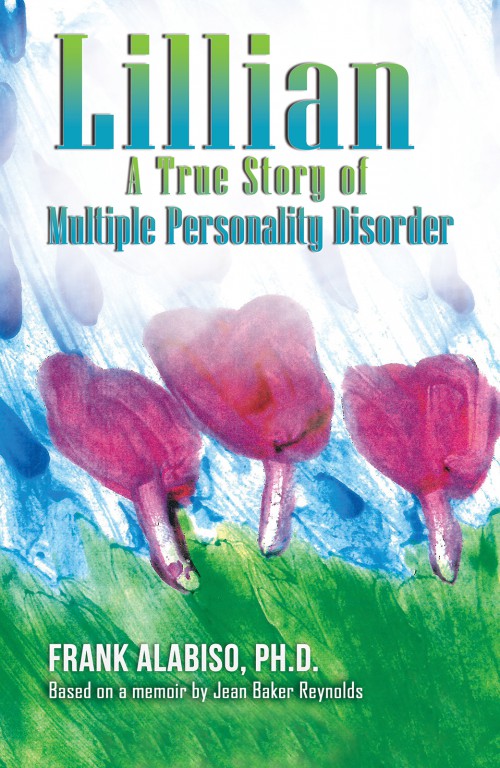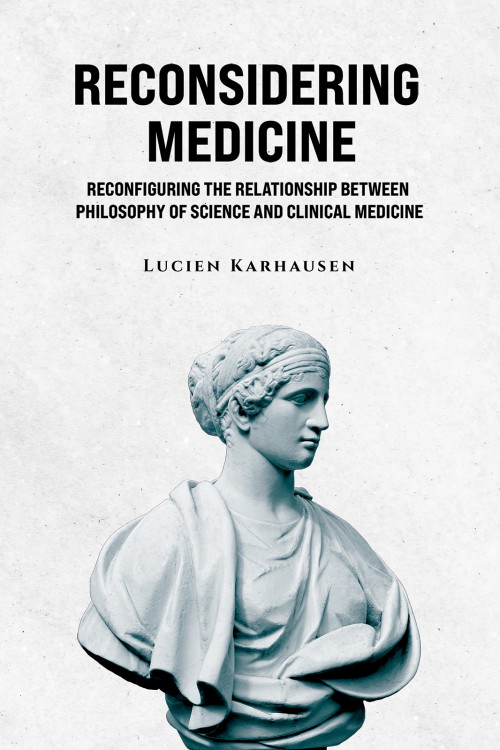-
Lillian: A True Story of Multiple Personality Disorder
For most of us, the varied parts of our personalities are woven together and unified by our memories. But what happens when we have no memories? What happens when the components of memory (facts, feelings, and body states) are split apart and no longer relate to each other?
When this story began more than 40 years ago, doctors and psychiatrists were mystified by patients with more than one personality. The diagnosis at the time was Multiple Personality Disorder. Lillian was afflicted with this condition owing to severe abuse during her childhood. Her mind held each trauma separately. Each personality took over her body, developing a life and personality of its own.
Lillian’s aunt, Jean, became friends with 22 personalities. She played hide and seek with four-year-old Mary, taught five-year-old Amy to write, shopped for undergarments with Robin Jean, and communicated endlessly with each of the others. In the process, each personality revealed its beginnings. Over time, each personality revealed its own memories of their trauma and eventually became integrated.
This is an exquisite and beautifully written story of poverty, transgenerational abuse, mental illness, and the healing power of love, science, and spirituality.
As one reader puts it: “You will laugh, cry, turn away and come back again to its compelling truth.”
-
Reconsidering Medicine
This is an original book on the philosophy of medicine. It considers philosophy of medicine as a subdiscipline of philosophy of science. This volume is grounded on an epistemological bottom-up account that arises from the clinical situation, the epidemiologic, and the resulting public health account. It is not a review of the literature, and it is not intended to frame the debates, or to analyze and compare the various number of viewpoints.
Medicine is the human activity, which begins by a linguistic act that identifies the negative norms of health: it begins with a first distinction that splits biological processes into three conventional parts, normal, abnormal and pathologic. Neither of them is a natural kind. Being abnormal is intrinsically bad and admits of degrees, while being pathologic is dichotomous. Being normal is factitious and counterfactual much the same as frictionless planes in physics. Leaving apart the ethical aspects, this book endeavors to uncover the implicit conceptual network, the chief junctures of medicine, should they be found, and their articulations with clinical and community medicine. It results that medicine is pervaded with dichotomous concepts such as scientific vs pragmatic discourse, function and malfunction, abnormal and pathologic, needs and wants, causation and explanation, clinical vs community-oriented care, physical vs psychiatric diseases, mental illness vs deviancy, and so on. Medical thinking has two dimensions intrinsically interweaved, namely a constant amalgam and admixture of biological and normative aspects, so that this essential hybrid nature of the grammar of medicine endorses opposite approaches, naturalistic or normativist, biological or value-laden, realist or instrumental, reductionist or holistic, phenomenological or analytic.
-
Rooting Out Violence
Life and death are merged in the terror of unrelenting global violence. Rooting Out Violence describes a model, ‘Healthy Sensory-Emotional Integration,’ with the scope to help adults assess the human capacity for violence in themselves, in members of their communities, as well as, in leaders of their countries. The book provides a violence prevention model to mitigate trauma and human rights violations throughout our lifespans and throughout the world. Healthy Sensory-Emotional Integration is a public health model that is understandable and achievable globally.
The manuscript identifies how blind-sighted we have been historically by not emphasizing the number one variable in the capacity to commit a violent crime; for funding violence prevention in institutional siloes, such as, corrections and child protection programs, when the inner nature of each of us counts; and excluding comprehensive research on preventing trauma, not just funding treatment strategies.
We use cookies on this site to enhance your user experience and for marketing purposes.
By clicking any link on this page you are giving your consent for us to set cookies



